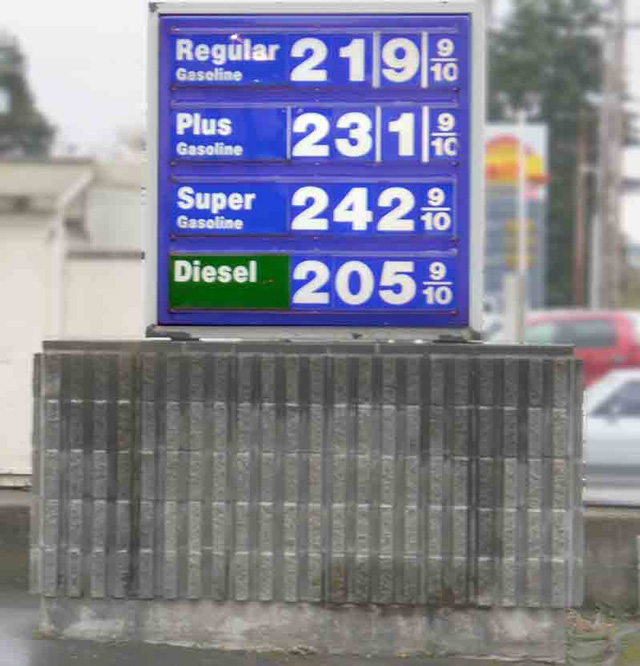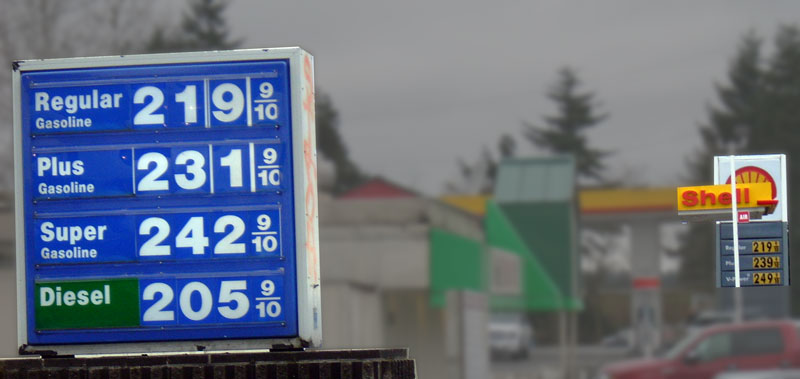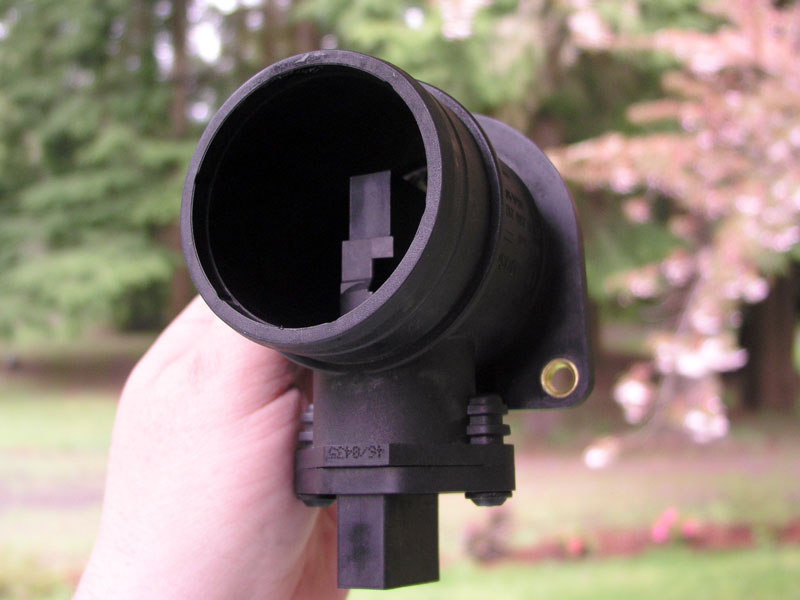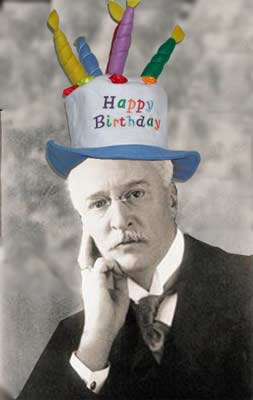
I snapped this shot yesterday on my way into work. I had stopped to get gas at my freeway exit. Yes, I said get gasoline. I drove the pickup truck to work since I was planning to buy a barrel of Methanol for my home-brew BioDiesel, and ironically the pickup has a gasoline engine. I only drive it once a in a blue moon… dump runs, lumber, hay, whatnot. Driving it to Seattle is a rare (and expensive) event. I noted the price of Diesel was on-par with unleaded gasoline the last time I put pump-fuel into my Diesel car, and yesterday I noted as you can see above, that Diesel fuel is now less expensive than all grades of gasoline. This is how it should be, since Diesel is a less complex product to manufacture than gasoline. This is how it has normally been historically. In fact I can recall when Diesel was less than half the price of gasoline. This situation only changed after the mandate for Ultra Low Sulfur Diesel (ULSD) and US-based refineries had to reconfigure to produce it. This coincided with Hurricane Katrina and the overall run up in petroleum prices across the board. As a result for the past 4 years Diesel fuel has been, on-average more costly at the pump than gasoline.

Oddly the false “Diesel is always more expensive” meme has spread throughout the Internet. When I visit websites where normally thoughtful people discuss things automotive, such as The Truth About Cars, any time Diesel as motive power comes up people always bring up this fallacy: “Diesel is XX% more expensive than gasoline, so the math doesn’t work out for cost savings to see ROI on the purchase of a Diesel over a gasoline car.” Endless variations on this patently wrong argument. This is in reality Confirmation Bias. Automotive enthusiasts just don’t like Diesel. It isn’t sexy. It has engine noise but no exhaust note. But instead of just plainly stating their bias, they come up with mathematical, so theoretically logical, reasons why it is not a viable choice.
I have no problems with people not liking it, I really don’t. Just admit it, that’s all I ask. Don’t try to obscure your dislike behind logic or mathematics, or attribute it to market forces… because those are not valid reasons to dismiss Diesel. They are also not the source for the lack of Diesel car options in America.
I think the average consumer would likely buy more Diesel cars if they had the option to do so. Diesels provide a lot of what people want: They are reliable. They last longer. They deliver lots of torque (people buy horsepower, but drive torque.) But most of all they provide amazing fuel economy, especially under highway usage. My roomy, comfortable 5-passenger VW Jetta regularly achieves 50 MPG under usage as my commuter car, meaning a mixture of highway cruising and bumper-to-bumper traffic. It does so with simple, proven technology. No need for complex hybrid drivetrains. Best of all, I can make my own fuel for about $1 a gallon! Mind you your average consumer won’t ever do that, but at least with a Diesel, it is an option.
In Europe, where consumers actually have a choice of motive power when they buy their cars, around half of them choose a Diesel engine. Ironically here in America, supposed “home of the free”, we are not allowed that choice. People often blame General Motors, and their disastrous Diesel engine products of the late 1970s & early 1980s. They say that soured the reputation of Diesel for cars in the minds of consumers here in America. I don’t buy that argument. The car buyers of that era are now all retired. Not all Diesels from that time were bad either. The Mercedes Diesels from that same period were highly regarded and most are still on the road! (And demanding amazing prices. Twelve grand for a car with over 200,000 miles? Only a Diesel.) Search for “TDI” on Craigslist or eBay and be astonished at the strong resale market value of the few Diesel cars sold in the US in the past 20 years.
So what has created this odd market?
The California Air Resources Board. They have been trying to kill Diesel as a motive power option in cars for almost 30 years, and they’ve been largely successful. Their issue with Diesel is particulates. Soot. They began their anti-Diesel crusade in the midst of a near continuous drought that lasted from 1976 until 1992. In a rainy climate such as we have here in the Pacific Northwest (the rains have returned by the way… ahhhhh) particulates are somewhat irrelevant. Soot is moot.
Historically, California has moved the goalposts on Diesel emissions whenever the technology matches the CARB regulations. From Trap Oxidizers in the late 80s to Urea Injection today, whenever the engineers build a Diesel capable of meeting the standard, CARB tightens the standard to keep Diesel out of cars. Cars mind you, not trucks, or trains, or ships, or power generation, just cars.
But many states adhere to California’s mandates and since California is the lowest common denominator and largest market in the USA, the automobile manufacturers build to suit the California specifications for cars. So unlike the consumer in Europe, we have no choices of motive power when we purchase a car. Here, if you want to buy a Diesel you buy a truck… exempt from tighter emissions regulations… or you can buy maybe one or two models of car. Prior to the ULSD mandate just about every VW was available with the 1.9L TDI powerplant; the New Beetle, Jetta, and Passat. Now it is just the Jetta, when they are available. Mercedes occasionally makes one model of E-class available with a Diesel power plant. This year we have 3 choices, with the addition of the BMW 335d. If you are like me and prefer to swap your own cogs though, you’re back to a single choice, as both the Merc and the Beemer are equipped with automatic transmissions.
What I really want is a commuter car. Something small, lightweight, and economical. I’d buy a MINI-D in a heartbeat. Equipped with a 1.6L Turbo-Diesel it attains over 60 MPG. Or how about an Alfa Romeo Spider JTDm? (seen here in America, but sadly not for sale here. 🙁 ) How about VW’s “BlueSport Roadster?” Ship VW, I’ll buy it. But some bureaucrats in Sacramento have decided that I shouldn’t be able to buy any of these. Oh well.
Meanwhile people remain unaware of how frugal their options could be. How mid-sized cars could be getting 40+ MPG, and small cars getting up to 70 MPG. They’ve been brainwashed into thinking that Diesel is bad. Diesel is loud. Diesel is smoky. And of course, Diesel is always more expensive than gasoline.
Look at the photo above again.





